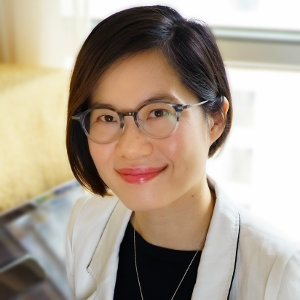Recent study points to potential new treatment
Vocal disorders caused by overuse affect one in ten adults at some point over their lifetime and typically require a surgical treatment to be resolved, which presents risk of post-operative scarring. Voice disorders are patent occupational risks for individuals whose work depends on their voice, such as teachers, coaches, salespersons, politicians, and singers. Based on data found in the Canada Health Act Report (2012-2013) combined with data regarding insurance coverage on speech language therapy, voice disorders cost Canadians in excess of $1.75 billion each year.
Now, a recent study published in the journal Laryngoscope and led by researchers from the University of Hong Kong, McGill University, and the University of Pittsburgh, explored for the first time the possibility of using acupuncture rather than surgery to treat voice disorders.
“The results of the study indicate that acupuncture has short-term anti-inflammatory effects on patients with vocal nodules – a disease caused by phonotrauma, where the vocal fold is injured due to phonation, the process by which the vocal folds produce certain sounds through quasi-periodic vibration,” says Dr. Nicole Li-Jessen, Assistant Professor in the School of Communication Sciences and Disorders at McGill’s Faculty of Medicine and one of the paper’s co-authors.
In order to conduct the study, two groups of patients with vocal nodules were acupunctured, one using real needles and one with blunt needles. Nine acupoints were stimulated for 30 minutes and secretions on the surface of the vocal folds were sampled before acupuncture, immediately after and 24 hours after the baseline.
Using the biochemical markers, IL-1beta and IL-10, researchers discovered that the pro-inflammatory marker (IL-1beta) significantly increased over time for the group that received treatment with blunt needles but not for those who had been treated with real ones. The anti-inflammatory marker (IL-10) showed the opposite effect.
“No one has done this kind of acupuncture work in laryngology before,” says Li-Jessen, who was involved in the conceptual design for the biological part of the study, developing the idea of looking at the effects of acupuncture from the wound healing perspective, as well as contributing to the data interpretation.
Based on the results of this first-of-its kind study, the researchers believe that the mechanical stimulation of the needles can promote the body system to induce an anti-inflammation response, which could facilitate wound healing for phonotraumatic lesions. Longer follow-up through further investigation is required prior to the approach becoming an accepted and widely-used form of treatment. A reduction of the incidence of voice disorders would improve the patient’s quality of life and significantly reduce the health care burden on society.
The study was supported in part by grants awarded by the National Center for Complementary and Alternative Medicine, National Institutes of Health in the United States and the Hong Kong Research Grant Council.
December 11, 2015

